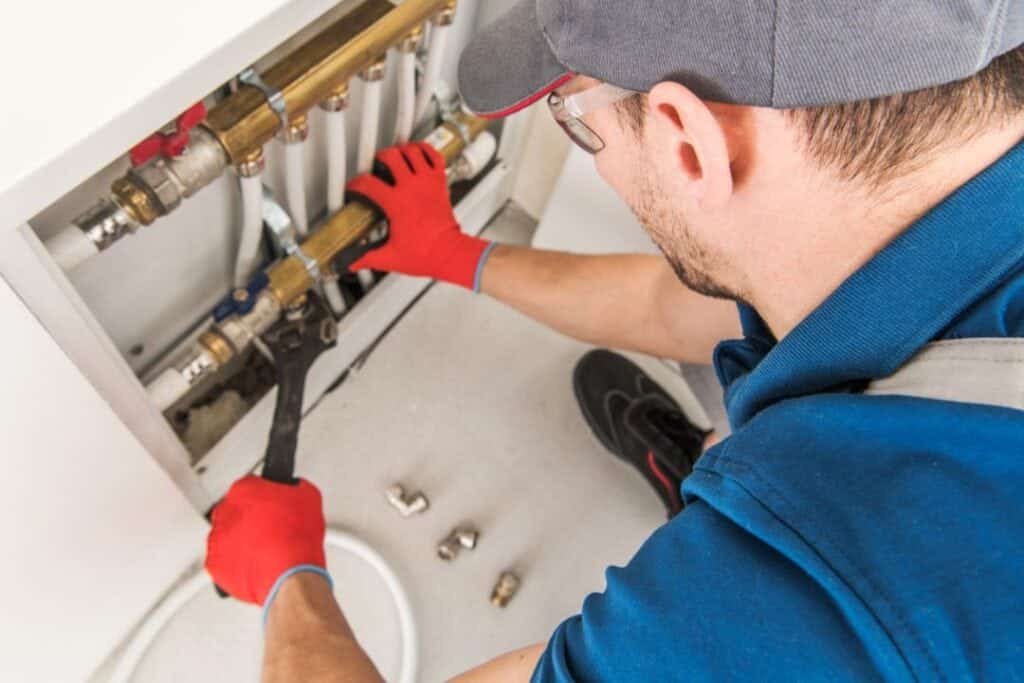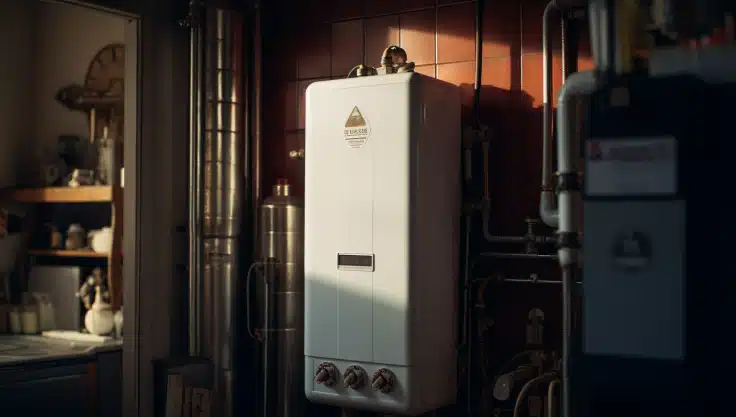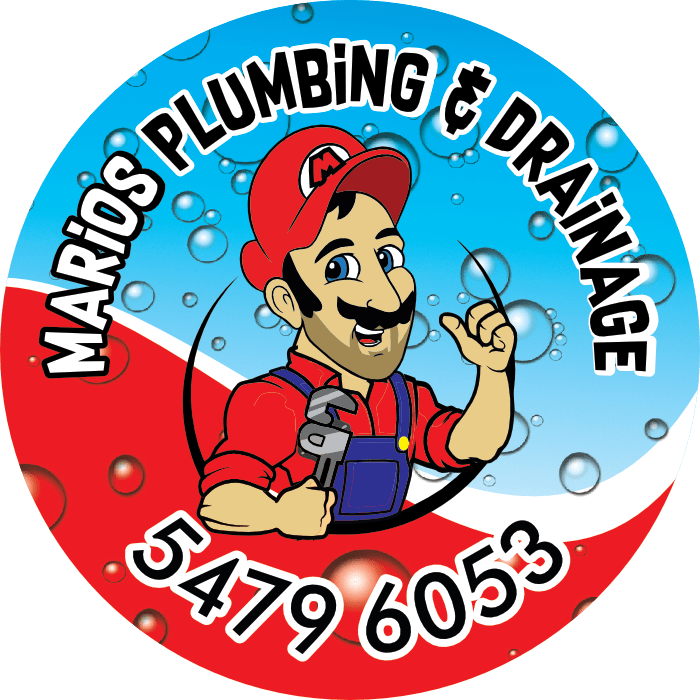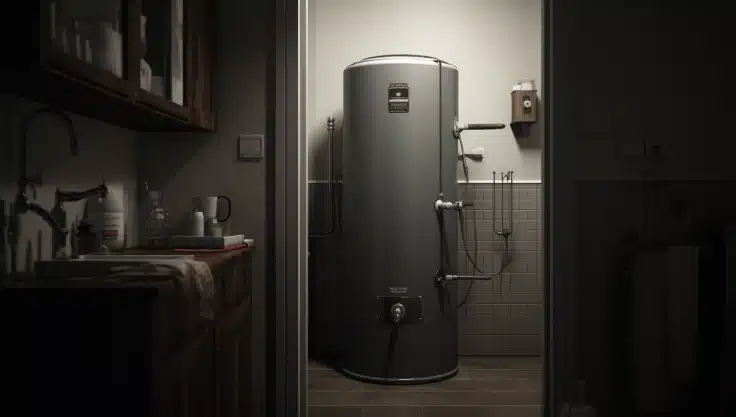In today’s fast-paced world, the integration of smart technology into everyday appliances is revolutionizing how we manage our homes. One area where these advancements are particularly transformative is in hot water systems. Traditionally, hot water management has been a straightforward affair, relying on timers and manual adjustments. However, with the advent of smart technology, these systems have evolved into intelligent entities capable of optimizing energy efficiency and enhancing user convenience.Smart water heaters and hot water systems now offer a range of features that cater to modern lifestyles. From remote control via smartphone apps to learning algorithms that adjust heating patterns based on usage patterns, these innovations promise not only cost savings but also a more seamless user experience. As more homeowners seek sustainable and efficient solutions, the integration of smart technology in hot water systems represents a significant step towards achieving both environmental goals and enhanced comfort in our daily lives.
Energy Efficiency with Smart Hot Water Systems

Energy efficiency is a crucial consideration for homeowners looking to reduce utility bills and minimize their environmental footprint. In the realm of hot water systems, integrating smart technology can significantly enhance efficiency, offering both cost savings and environmental benefits. Let’s delve into how smart hot water systems achieve this and explore eight key aspects of their energy efficiency.
Optimized Heating Patterns
Smart hot water systems utilize advanced algorithms to analyze usage patterns and adjust heating schedules accordingly. By learning household habits, these systems ensure hot water is available when needed while minimizing energy consumption during periods of low demand.
Temperature Control Precision
Traditional water heaters often maintain a constant temperature, leading to unnecessary energy expenditure. Smart thermostats in hot water systems can adjust temperatures based on real-time usage data and user preferences, preventing overheating and optimizing energy use.
Remote Monitoring and Adjustment
Remote access capabilities allow homeowners to monitor and control their hot water systems from anywhere. This feature enables adjustments based on changing schedules or unexpected changes in usage patterns, ensuring energy efficiency even when away from home.
Integration with Renewable Energy Sources
Many smart hot water systems can integrate with renewable energy sources such as solar panels. By coordinating with these sources, they can prioritize using free or low-cost energy when available, further reducing reliance on fossil fuels and lowering operating costs.
Water Usage Insights
Some smart systems provide insights into water usage patterns, helping homeowners identify opportunities for conservation. By understanding how and when water is used most, users can make informed decisions to reduce waste and optimize efficiency.
Types of Smart Technology for Hot Water Systems

Smart technology has revolutionized the way we manage our homes,including hot water systems. These advancements not only enhance convenience but also significantly improve energy efficiency and overall performance. Below, we explore eight types of smart technology that are transforming hot water systems today.
Smart Thermostats
Smart thermostats are devices that allow precise control over the temperature settings of hot water systems. They offer features such as scheduling, remote access, and adaptive learning capabilities to optimize energy usage. Smart thermostats for hot water systems enable homeowners to set personalized schedules based on their usage patterns, ensuring hot water is available when needed while minimizing energy consumption during off-peak hours. Some models learn user habits over time, automatically adjusting settings to maximize efficiency without sacrificing comfort. Remote access via smartphone apps allows users to monitor and adjust settings from anywhere, ensuring hot water readiness and optimizing energy use even when away from home.
Connected Water Heaters
Introduction: Connected water heaters integrate with home networks to provide real-time data on energy usage, temperature settings, and maintenance needs. They offer insights into usage patterns and energy efficiency. Connected water heaters are equipped with sensors and Wi-Fi connectivity to communicate data to homeowners and service providers. They monitor water temperature and usage patterns, adjusting heating cycles to optimize energy efficiency. Users can access detailed reports and analytics through smartphone apps or web portals, enabling proactive maintenance and troubleshooting. Some models offer integration with smart home systems, allowing for automated responses based on occupancy or energy demand, further enhancing efficiency and comfort.
Heat Pump Water Heaters
Heat pump water heaters utilize advanced heat pump technology to extract heat from the surrounding air to heat water. They are highly energy-efficient compared to traditional electric water heaters. Heat pump water heaters operate by transferring heat from ambient air to the water tank through a refrigerant cycle. This process consumes significantly less electricity compared to conventional resistance heating, making them an ideal choice for energy-conscious homeowners. Smart models enhance efficiency further by adjusting operation based on ambient conditions and user demand. Integration with smart thermostats allows for precise control and scheduling, optimizing energy use based on occupancy and usage patterns. Some models also offer hybrid functionality, switching between heat pump and conventional heating as needed to maintain optimal efficiency.
Solar Water Heating Systems
Solar water heating systems use solar collectors to capture and transfer solar energy to heat water, reducing reliance on conventional energy sources. Smart solar water heating systems integrate sensors and controllers to maximize energy capture and efficiency. They monitor solar radiation levels, water temperatures, and energy storage to optimize performance. Smart controllers adjust pump operation and circulation to ensure maximum heat transfer from solar collectors to the water tank. Integration with weather forecasting allows systems to anticipate changes in solar availability, adjusting operations accordingly to maintain hot water supply without relying on backup heating sources. Users can monitor system performance and energy savings through mobile apps or web interfaces, promoting proactive maintenance and maximizing return on investment.
Water Flow Sensors and Leak Detectors
Water flow sensors and leak detectors provide real-time monitoring of water usage and detect leaks or abnormalities in the hot water system. Smart water flow sensors monitor water usage patterns and detect anomalies such as leaks or excessive consumption. They can automatically shut off water supply in the event of a leak, preventing damage and conserving water. Leak detectors use sensors to identify water presence in unintended areas, alerting homeowners via smartphone notifications.
Smart Hot Water Systems and Home Automation
Smart hot water systems have transformed the way we manage energy consumption and comfort in our homes. By integrating with home automation technologies, these systems offer unprecedented control, convenience, and efficiency.
- Seamless Integration: Smart hot water systems can seamlessly integrate with existing home automation platforms such as smart hubs and voice assistants like Alexa or Google Assistant.
- Remote Access and Control: Users can monitor and control their hot water systems remotely via smartphone apps, ensuring hot water is ready when needed without wasting energy.
- Automation of Operations: Automation allows for intelligent scheduling based on household routines and occupancy, optimizing energy usage and enhancing convenience.
- Energy Efficiency: Integration with home automation enables smart hot water systems to operate more efficiently by coordinating with other energy-saving devices and systems.
Conclusion
Integrating smart technology into hot water systems represents a significant leap forward in both efficiency and convenience for modern households. As discussed, these innovations allow for precise control over water temperature, usage monitoring, and energy efficiency improvements. By adopting these technologies, homeowners can not only reduce their environmental footprint but also enjoy long-term cost savings through optimized energy consumption.
At Mario’s Plumbing and Drainage, we are committed to staying at the forefront of these advancements in hot water system technology. Our team is dedicated to helping Sunshine Coast residents harness the benefits of smart integration seamlessly. Whether you’re considering upgrading your current system or need expert advice on the best smart technologies available, don’t hesitate to contact us at 07 5479 6053. Let’s work together to make your home smarter, more efficient, and environmentally friendly.


